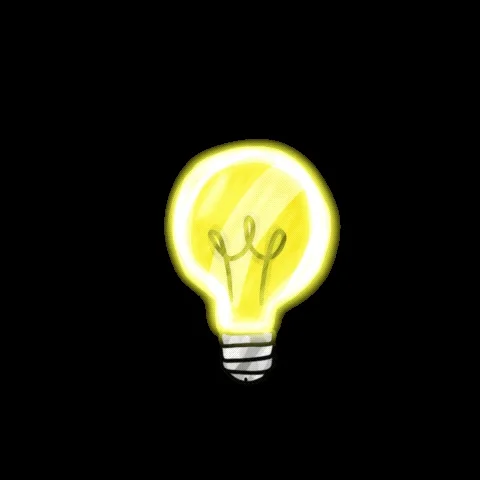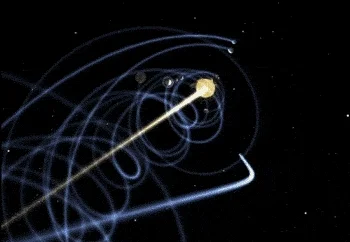
This logo isn't an ad or affiliate link. It's an organization that shares in our mission, and empowered the authors to share their insights in Byte form.
Rumie vets Bytes for compliance with our
Standards.
The organization is responsible for the completeness and reliability of the content.
Learn more
about how Rumie works with partners.
Do you have a strong enthusiasm for sparking the curiosity of young students about the magic of science, including the functions of the human body, the environment, and the inner workings of machines?
 Photo by Ramón Salinero on Unsplash
Photo by Ramón Salinero on UnsplashTeaching science is about instilling a sense of wonder and developing critical thinking in students about the mechanism of the natural world around us.
But before you decide, ask yourself: are you prepared to share your love of science with the next generation and create an environment where students feel power and fun while learning?
Did you know?
Science resolves the mystery of the natural world and the laws that govern it. Who better to teach young minds about the wonders of science than a science teacher?
Is teaching science the right path for you?
You might consider a career in teaching science if you have a passion for the subject, can communicate complex concepts to students effectively, and have enthusiasm for inspiring and guiding young minds.
Teaching science is the right choice for you if you:
Excel in using storytelling or real-world examples and hands-on activities to connect every concept of science.
Are a life-long learner and constantly expand your knowledge of science.
Make learning relevant to students' lives and create an environment encouraging active participation.
Engage students in learning through exploration, enabling them to gain valuable knowledge that can be applied across different areas of study.

Also, as a science teacher, you're not only an educator. You're a mentor, coach, and facilitator who is able to:
Show students how scientific concepts apply to their everyday lives and their world.
Lead students through a fascinating experiment, and empower and encourage students to ask questions and explore the results for themselves.
Foster learning, creativity, and collaboration, helping students develop their skills and think critically through hands-on activities.

Quiz
Which of the following tasks and and approaches best represents the abilities and attitudes of a science teacher? Select all that apply:
Delivering pre-recorded lectures or performing experiments at the front of the class doesn't align with the role of a science teacher, as it doesn't encourage active participation, collaboration, or involvement by students. Guiding students through hands-on activities encourages students to ask questions. A science teacher should be open to embracing new ideas and adapting their teaching methods to meet the changing needs of students.
What is required for you to be a science teacher?
Patience and Persistence
You are patient and persistent while helping students understand complex concepts.
You enjoy problem-solving and assisting others to work through challenges.
Additional Skills
Check out the video below to learn about the "3 C's" of teaching science! 👇
Quiz
Mr. Smith recently graduated with Master's of Science in Physics. He has a teaching license and would like to teach high school science. What should he focus on to prepare for the classroom?
Having advanced technological and laboratory expertise isn't a prerequisite for being a high school science teacher, not is having a PhD. Basic computer literacy and familiarity with educational software and tools are enough to incorporate technology effectively in science lessons. Mr. Smith should focus on professional development training. Recognizing the different learning styles of a diverse group of learners is essential, as it helps teachers adapt their teaching methods and create an environment where students feel accepted and empowered.
What income can I earn?

Note: the above data is an approximation. The exact salary amount depends on your province, experience, school district, and your qualifications.
Take Action
 Photo by Colton Sturgeon on Unsplash
Photo by Colton Sturgeon on UnsplashIf you think becoming a science teacher is the right path for you, explore your next steps:
This Byte has been authored by
Rajveer Kaur
Grad Student- Instructional Technology

